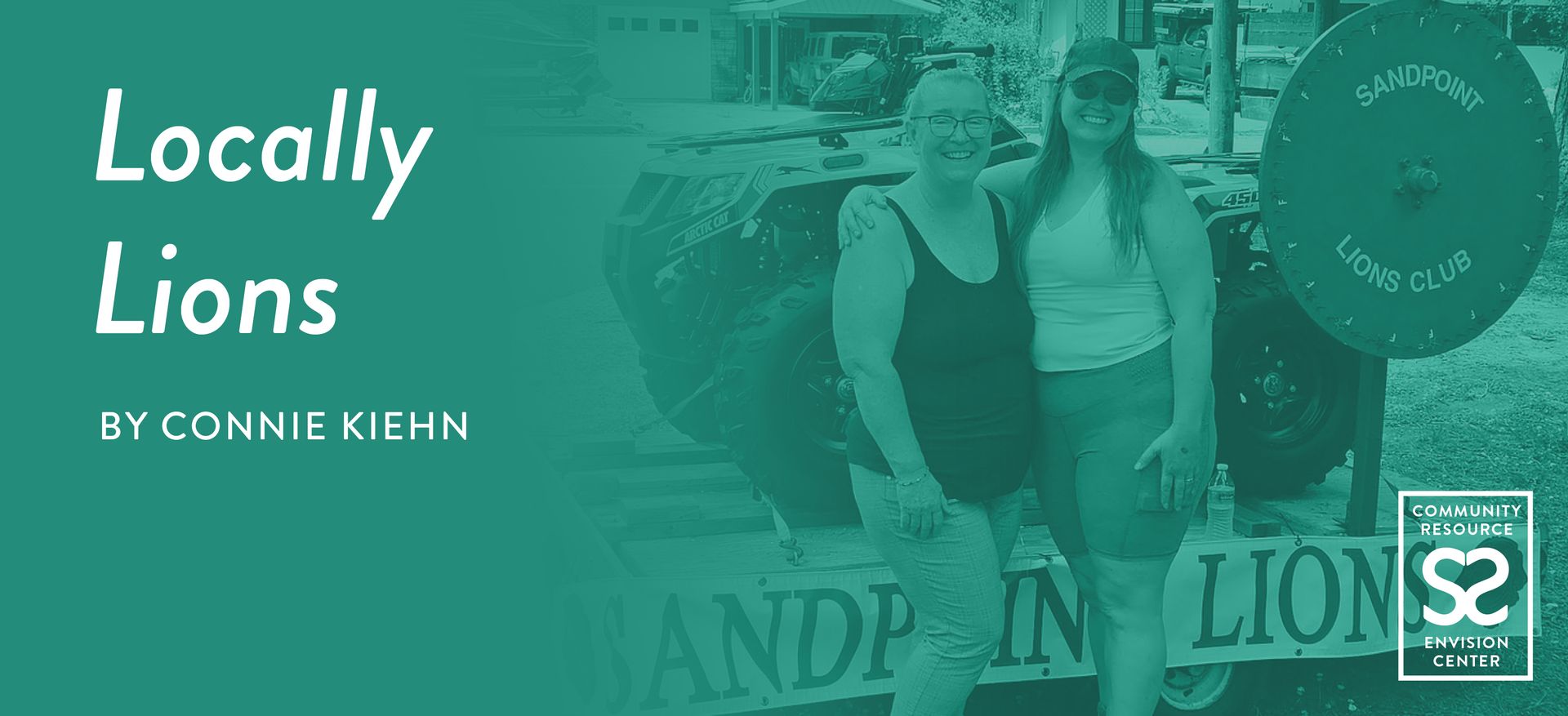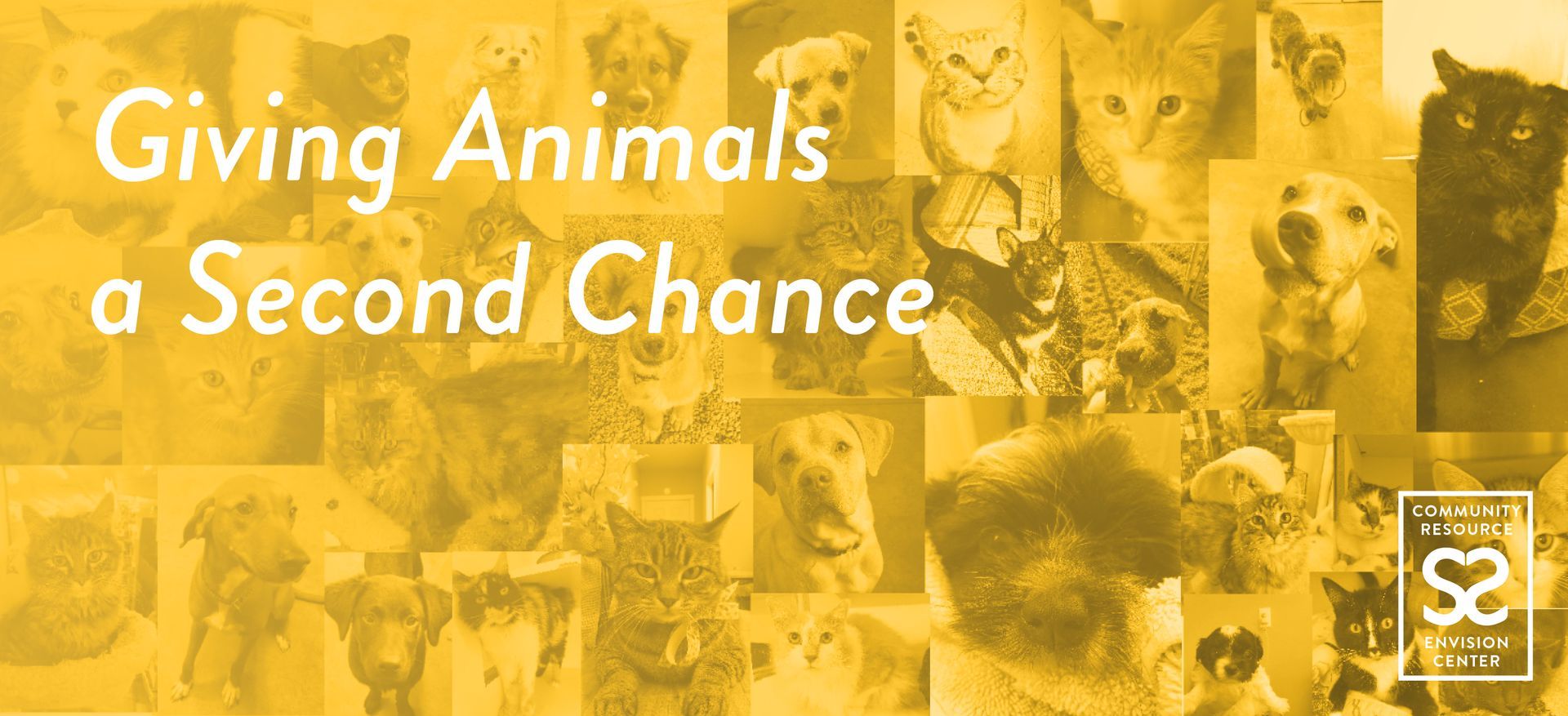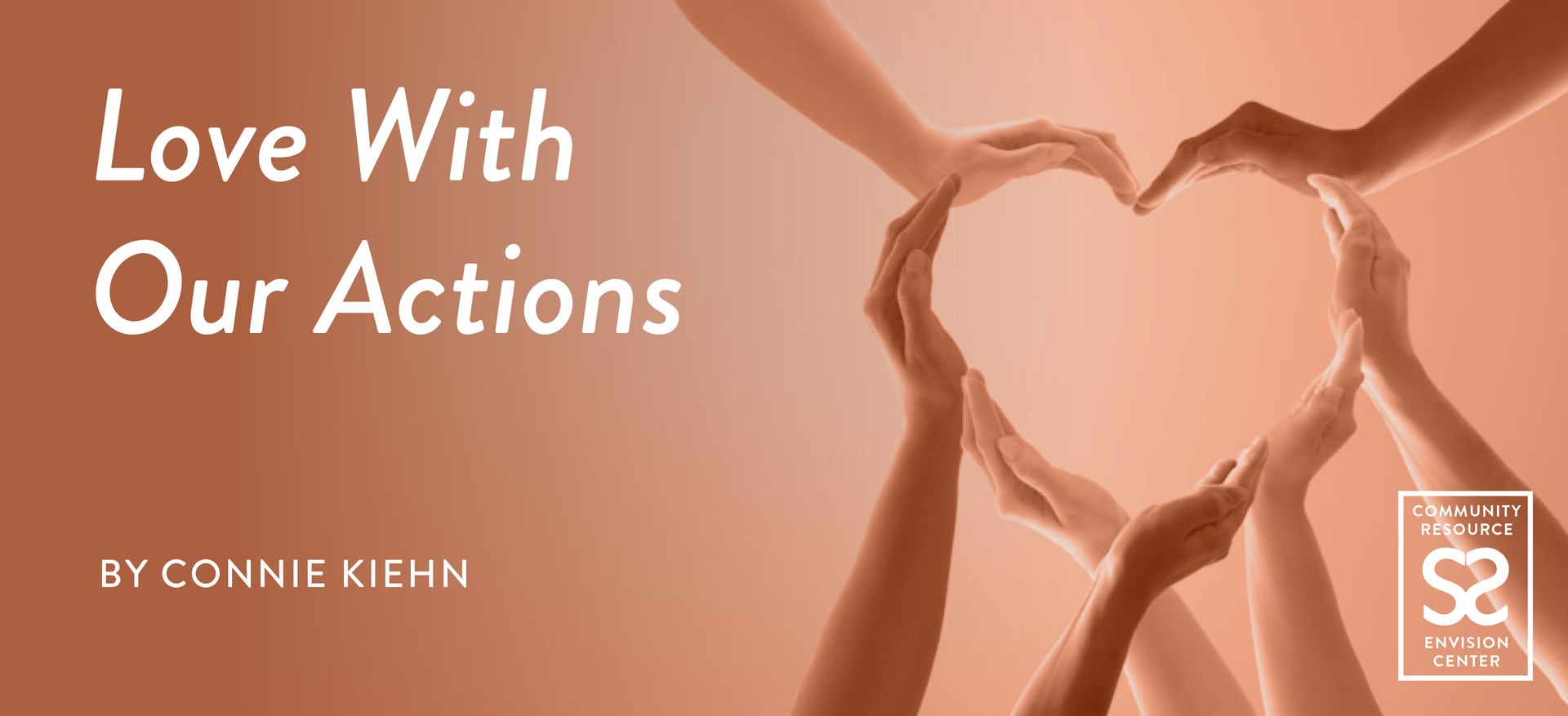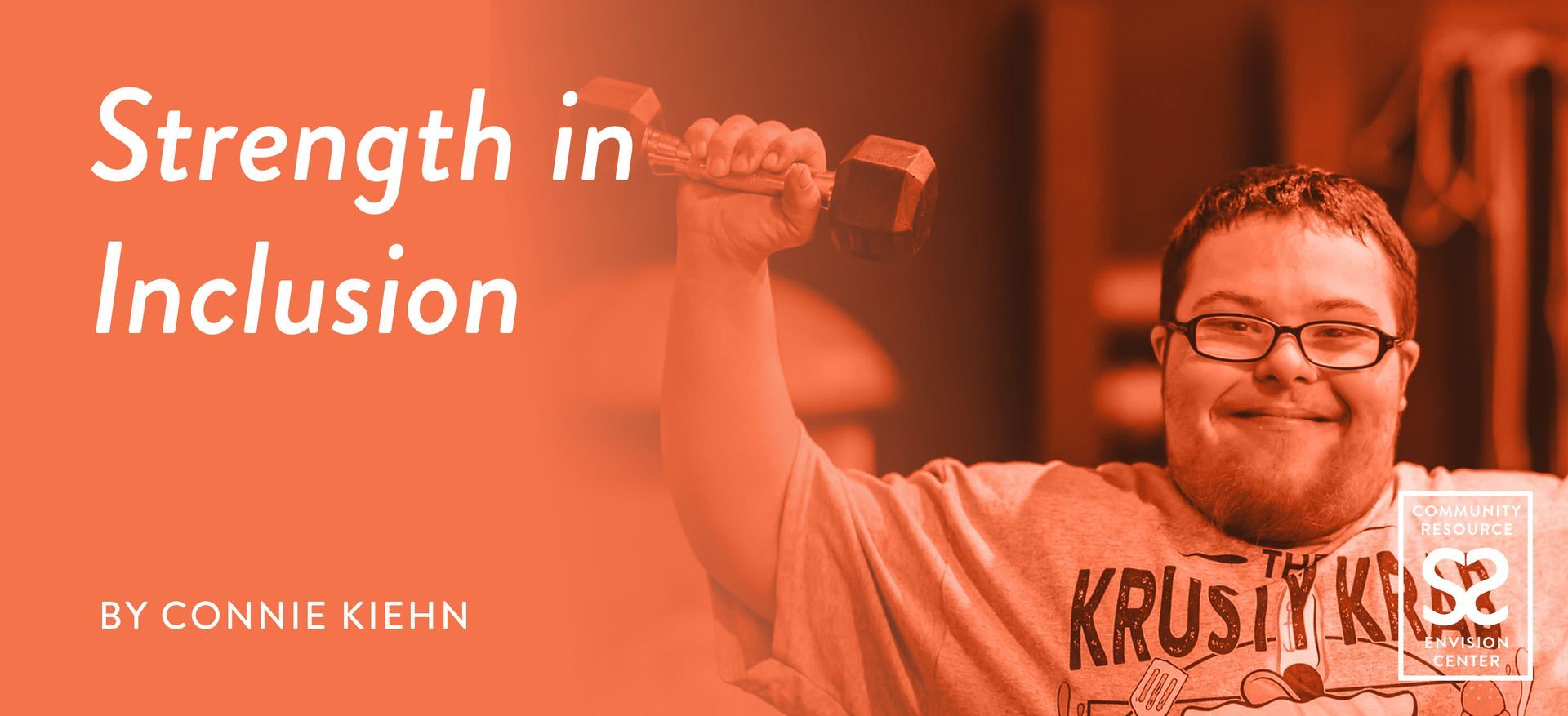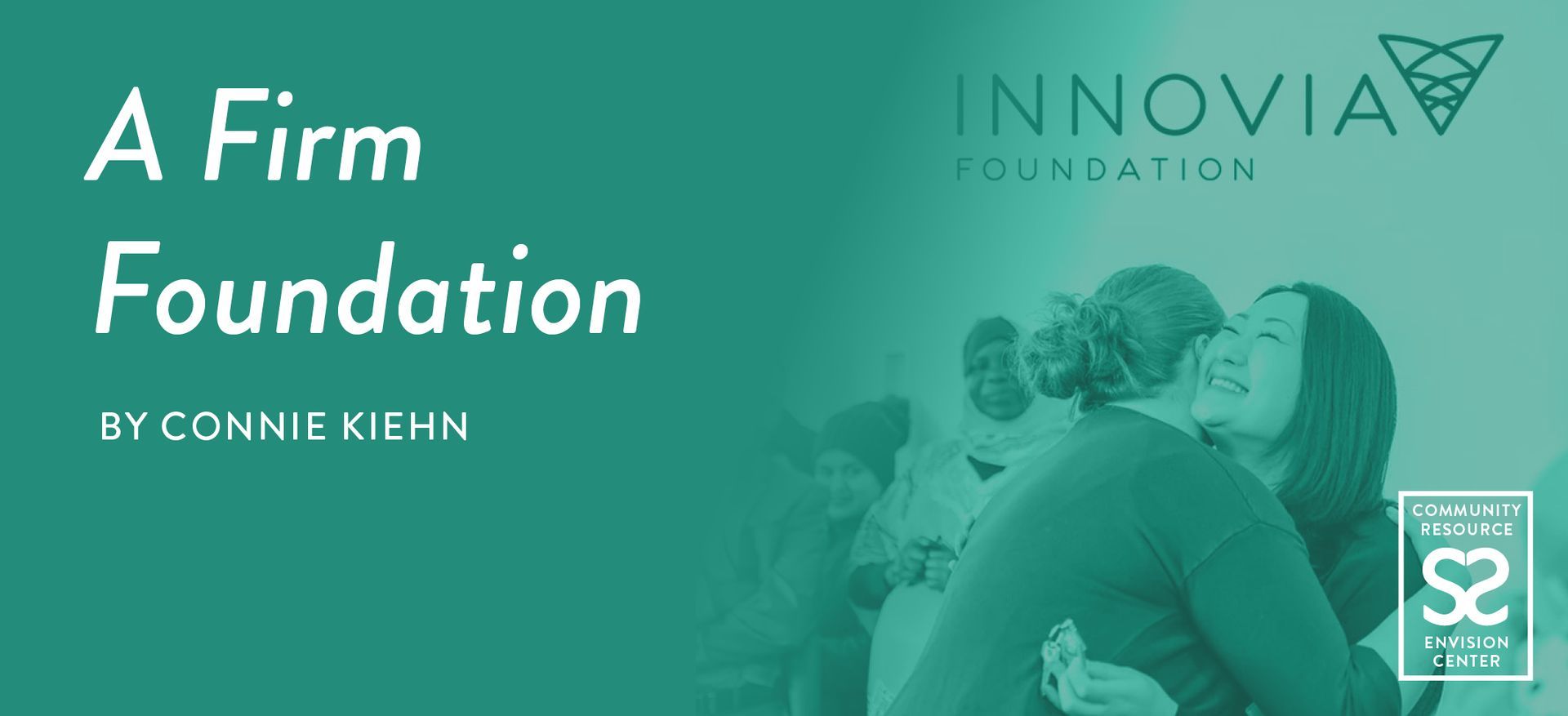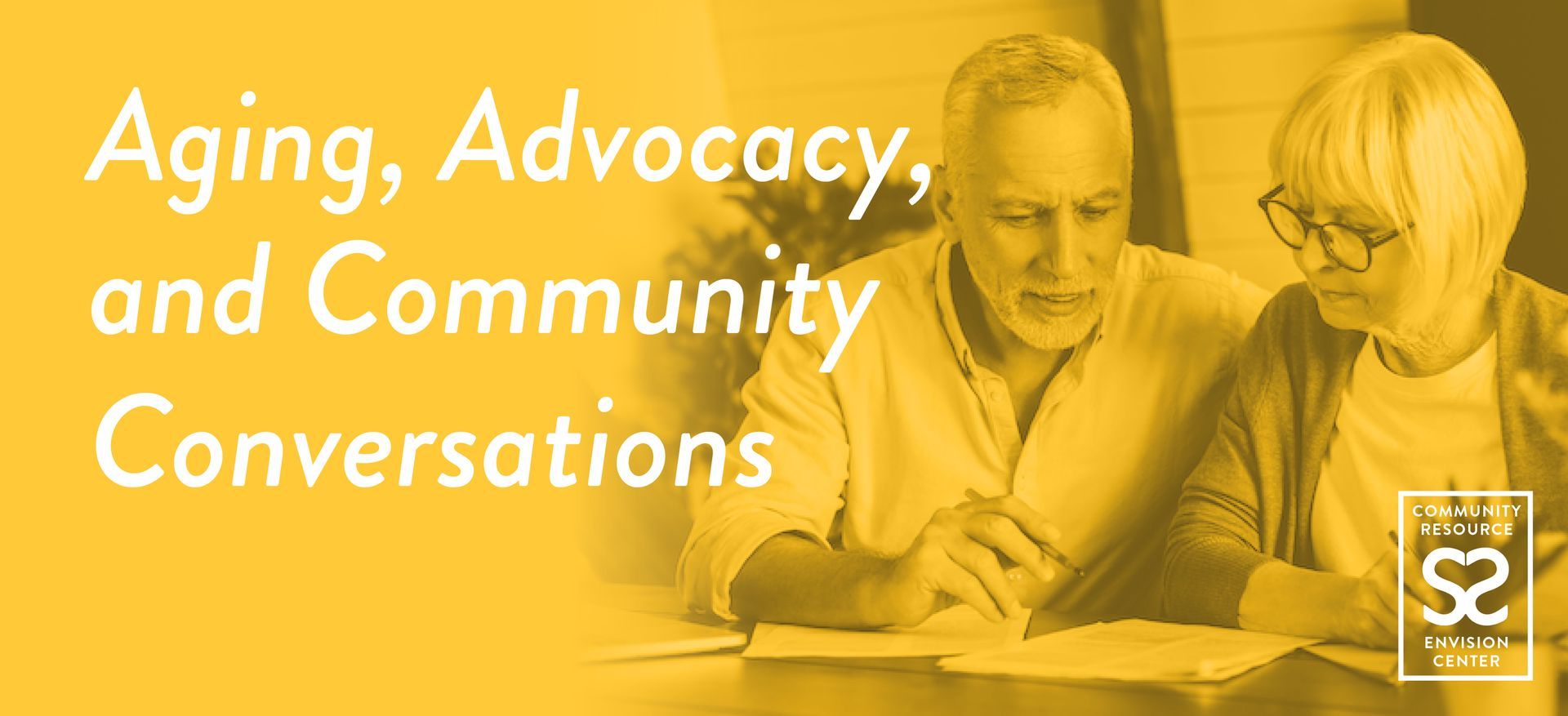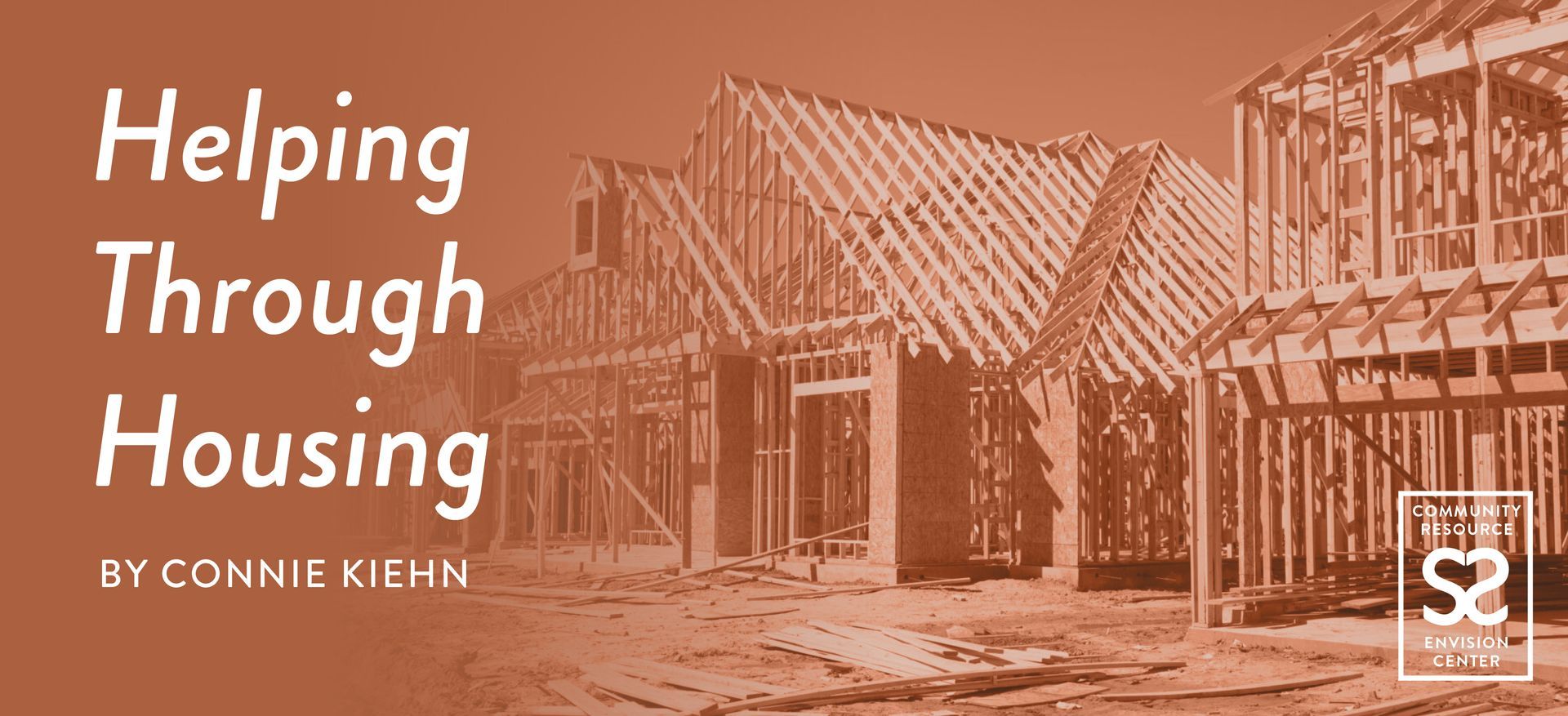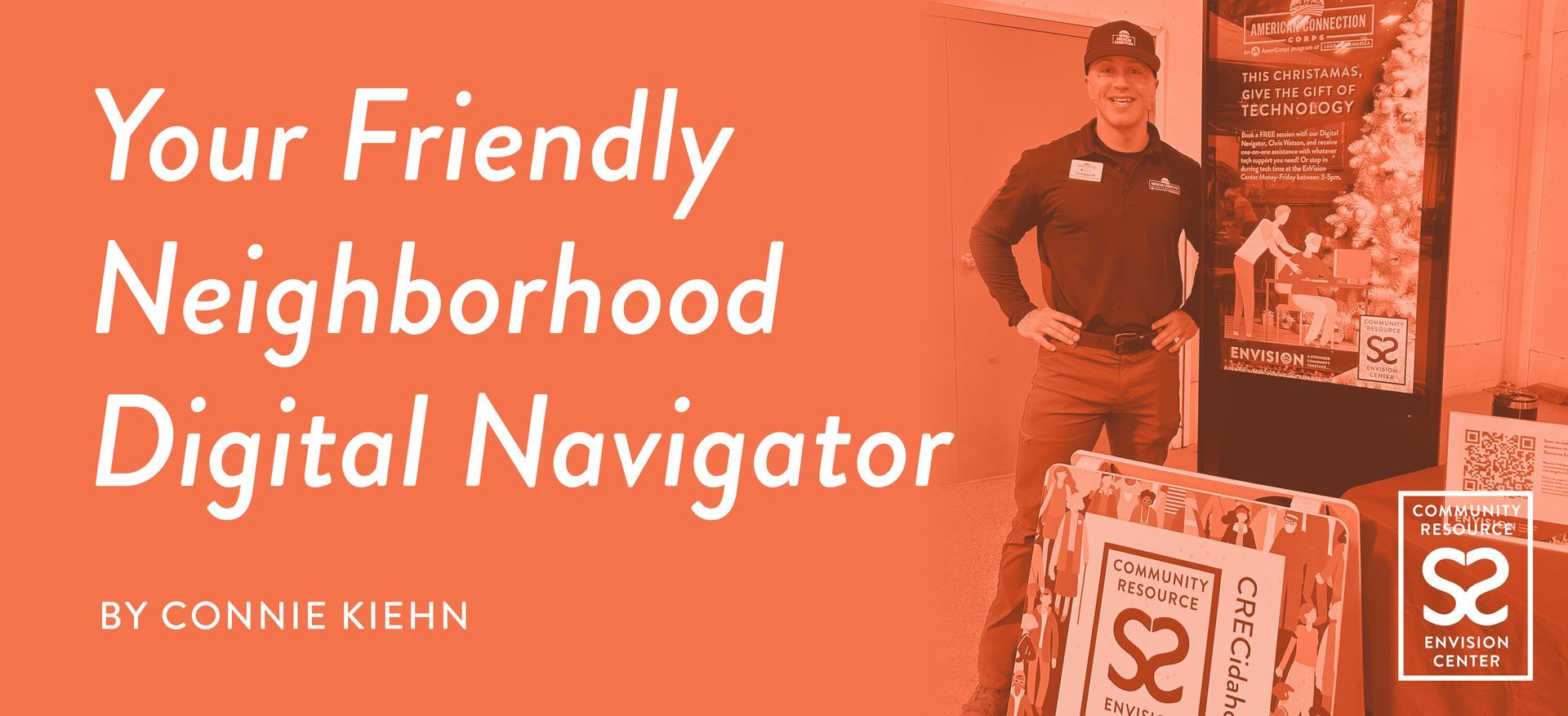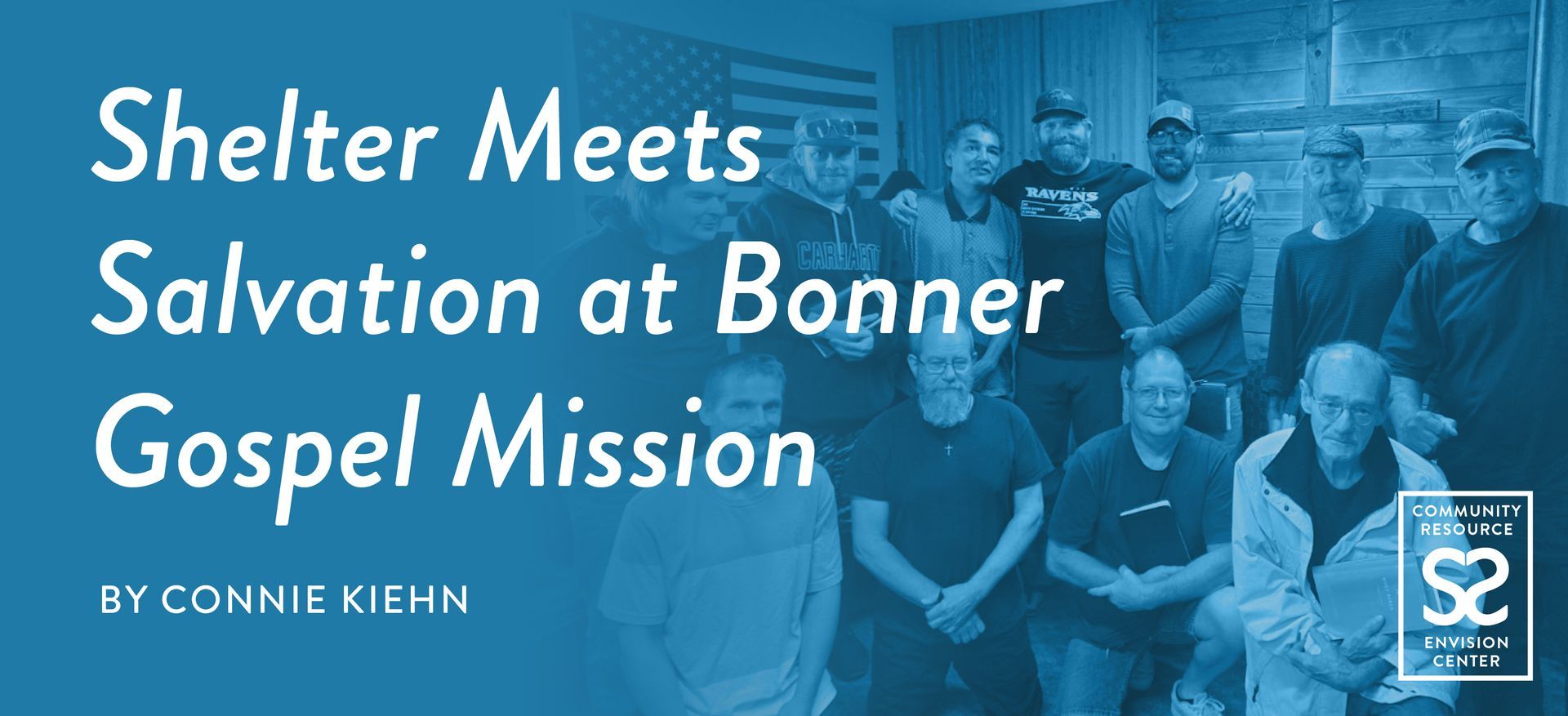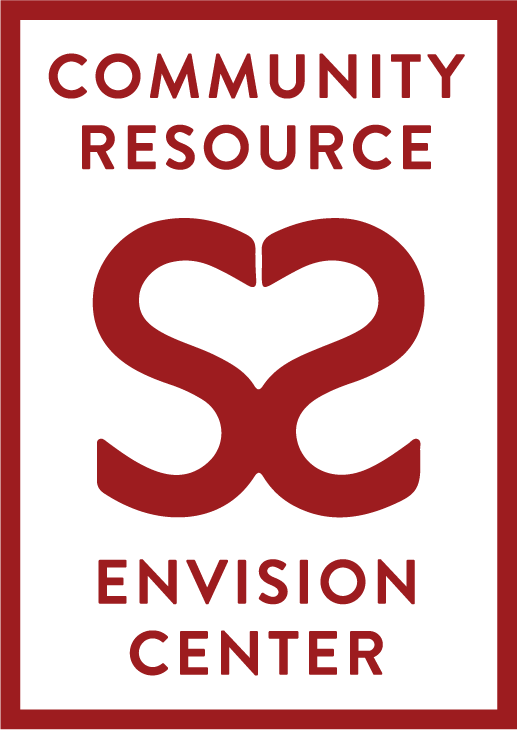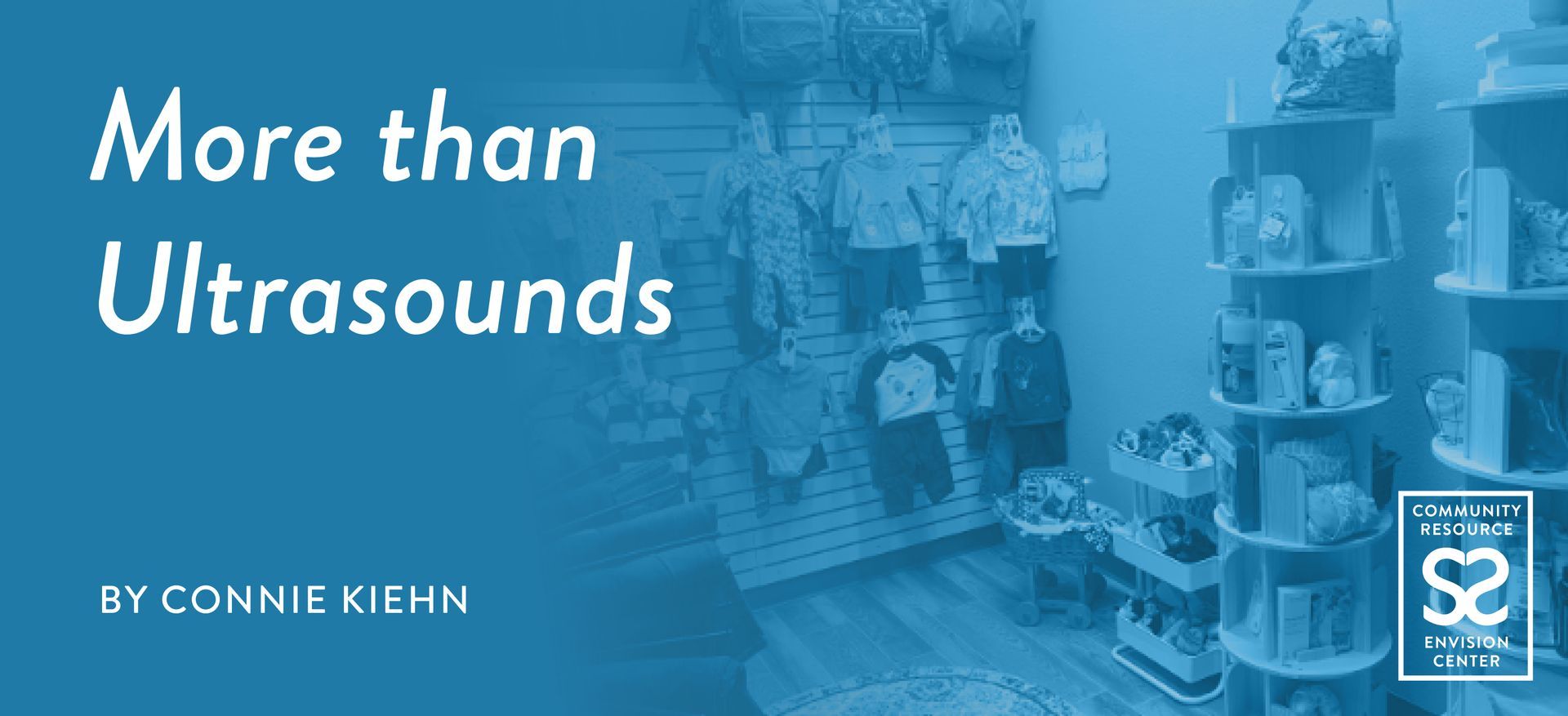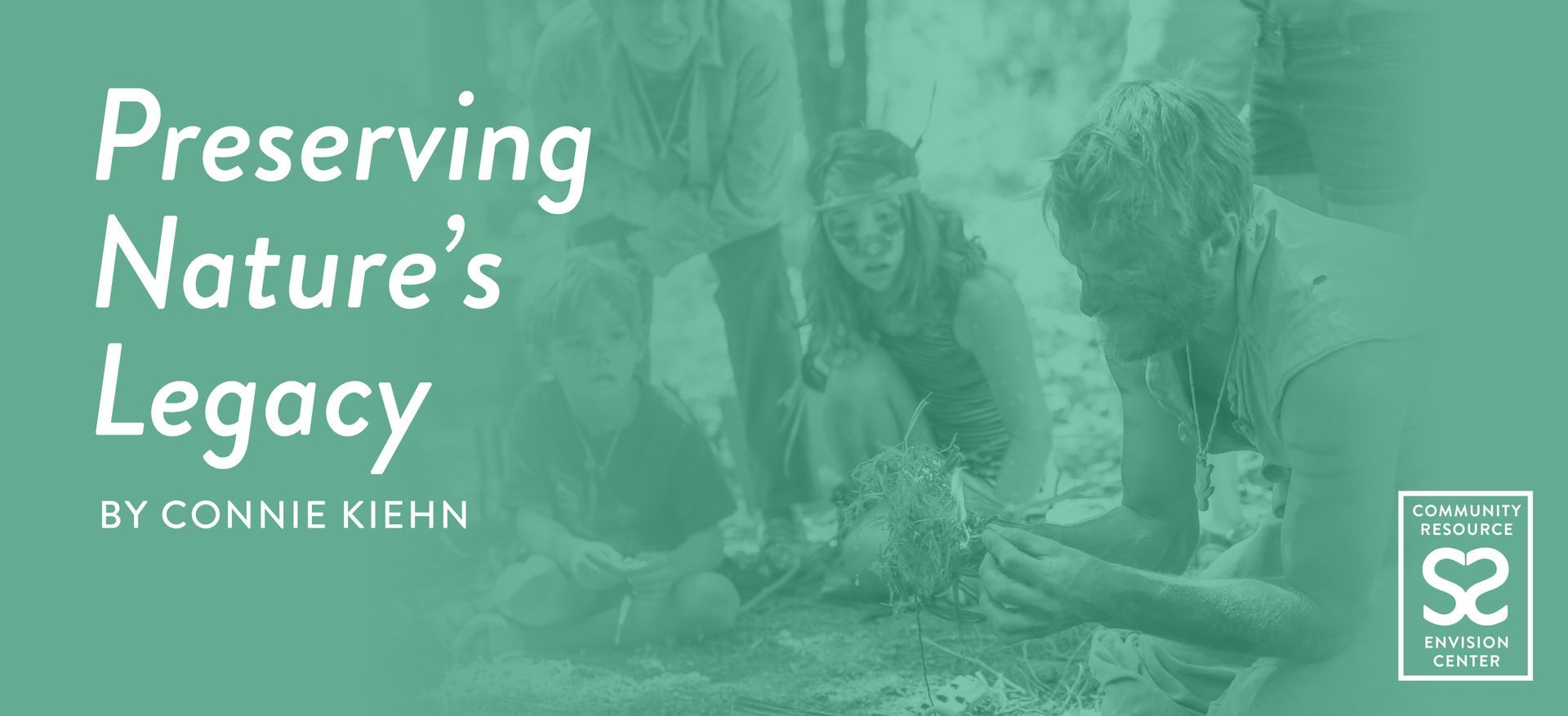
In the heart of the Kaniksu region lies an organization dedicated to preserving the natural beauty and ensuring a sustainable future for generations to come. Kaniksu Land Trust (KLT), founded with a mission deeply rooted in community and conservation, plays a pivotal role in stewarding the land and fostering a sense of responsibility among its inhabitants.
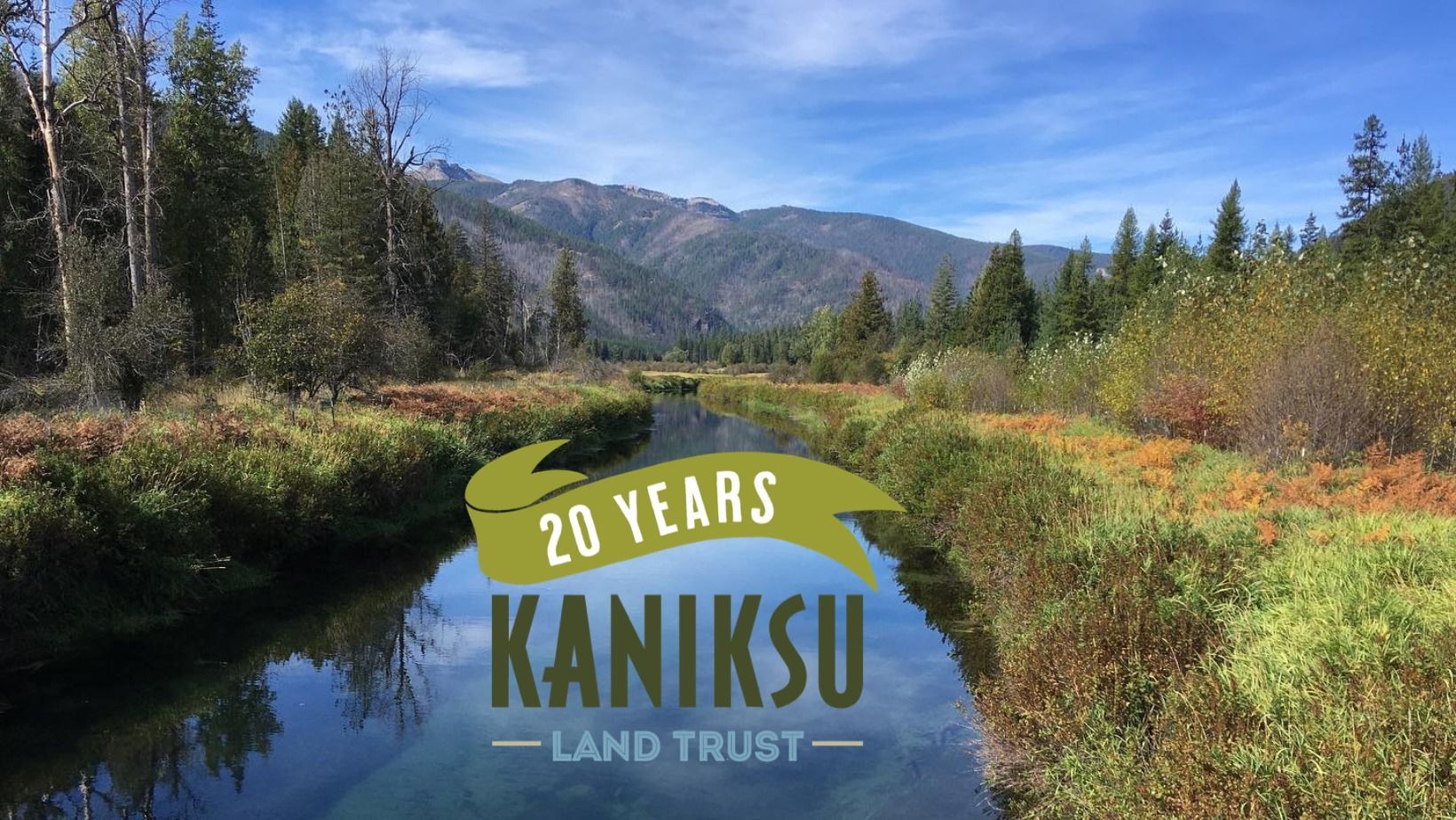
What is a Land Trust?
It’s important to understand what a land trust is and what a land trust isn’t. Land trusts are private, independent, nonprofit organizations that have collaborated with landowners across the United States for over 50 years to safeguard private lands. Unlike governmental branches or environmental advocacy groups, land trusts focus on negotiating conservation easements—voluntary agreements with landowners—to restrict commercial development and residential subdivision, thereby preserving the natural and agricultural integrity of the land. These easements not only secure important property rights for landowners but also offer potential federal estate and income tax benefits. Beyond easements, land trusts engage with public funding programs and may manage recreational trails and outdoor activities, aligning with their primary mission to conserve private lands through collaborative efforts with farmers, ranchers, and a diverse network of partners including county governments, tribes, and wildlife management agencies. Kaniksu Land Trust does all the above.
Executive Director Katie Egland Cox emphasized that every transaction between KLT and private landowners is voluntary. “People come to us; we don't hunt people down. The only thing we care about is that folks know it's an option.” Katie has served as the Executive Director since June 2019. Like most nonprofit leaders, her main concern is funding. "Funding is always a hurdle… It's the pressure to keep it all going and keep funding levels in balance," Katie admitted.
Kaniksu Land Trust's mission is succinct: "Caring for the land and people of the Kaniksu region today, tomorrow, and forever." This commitment extends beyond mere preservation; it embodies a philosophy that encourages every individual to become a steward of the land, enriching its diversity and securing its benefits for future generations. As KLT expands its roster of programs and projects, the need for funding grows accordingly. Fortunately, recent major accomplishments have facilitated easier communication of the vision to potential donors. Among KLT’s proudest achievements is the protection of nearly 250 acres of crucial land, including the iconic Pine Street Woods and Pine Street Sled Hill.

Join the adventure
Kaniksu Land Trust embraces the concept of "community conservation," which involves actively listening to the community's needs and integrating them into conservation efforts. The trust collaborates with local agricultural professionals and the farmer’s market to combat food insecurity. Additionally, plans are underway to announce a community land trust aimed at addressing the housing crisis in Sandpoint.
“We want our workforce living among us. No one should be forced to live far outside the city limits because they can’t afford to be closer,” said Katie.
Known for their successful fundraisers, which often sell out quickly, such as the wine-tasting event Pairings in the Pines (now sold out) and family-friendly Trails and Tales walks, Kaniksu Land Trust offers events catering to all. Noteworthy is the upcoming outdoor concert by pianist Hunter Noack on July 29th—a unique fusion of music and nature that embodies KLT's mission.
To support KLT, Katie encourages community members to volunteer, and consider making financial contributions. For more information, visit KLT at their office at 1215 Michigan St. Suite A or connect online via their website at kaniksu.org. Stay updated on their activities and events by following them on Facebook, Instagram, and LinkedIn.
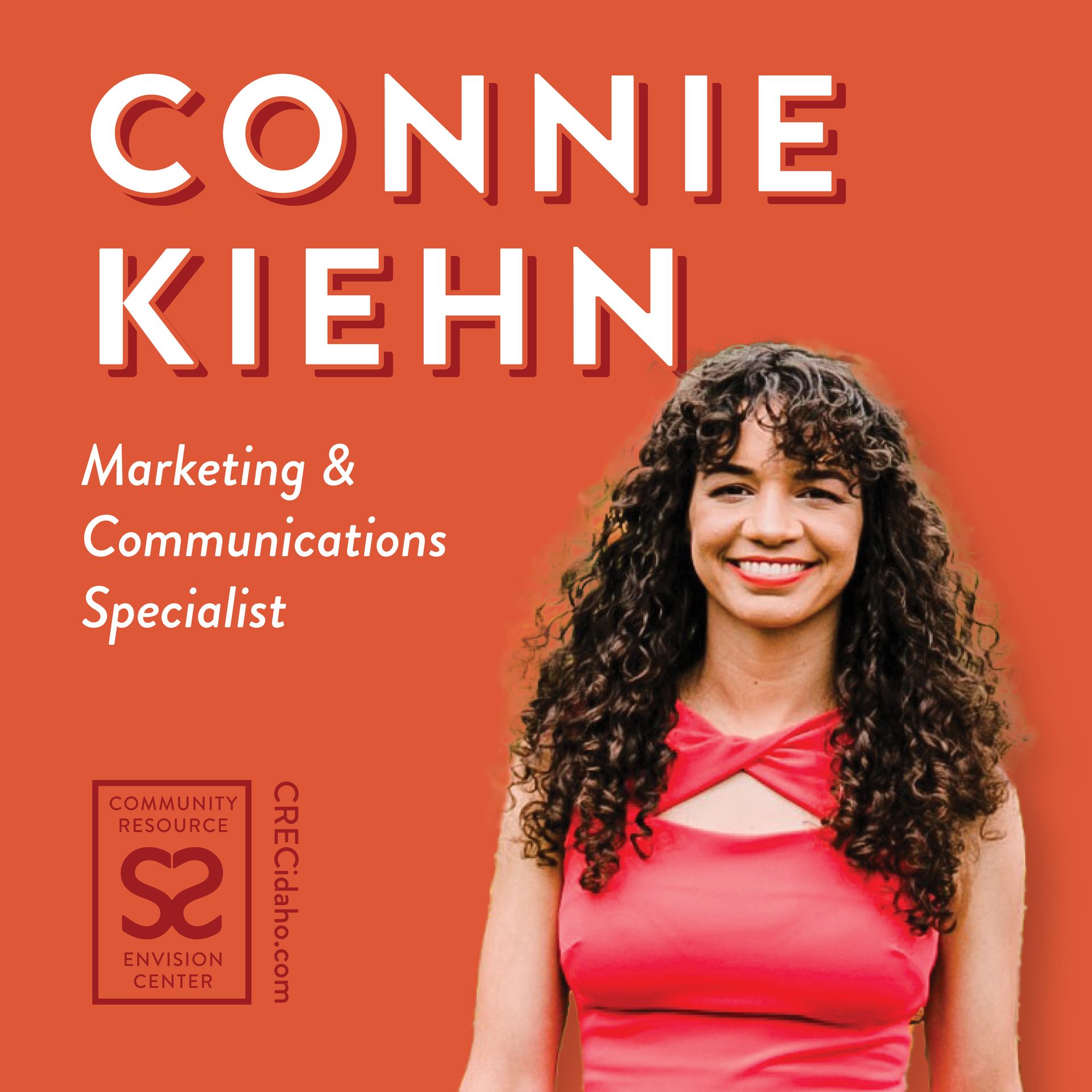
- https://www.idaholandtrusts.org/what-is-a-land-trust
- https://www.kaniksu.org
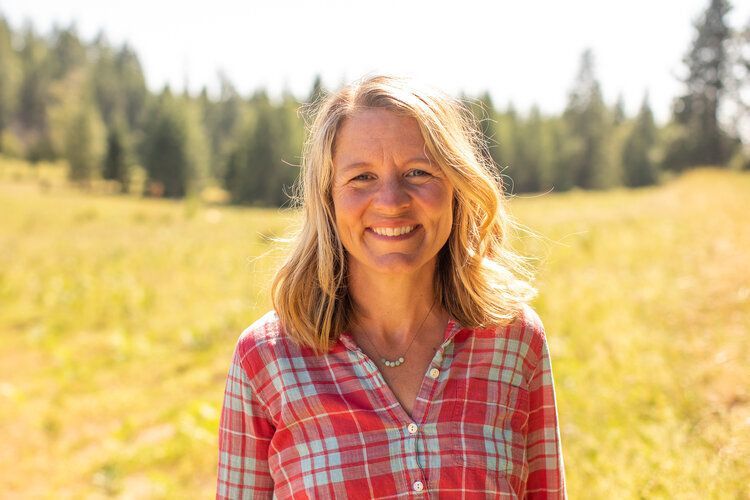
Katie Egland Cox
Kaniksu Land Trust
Executive Director
If you are running on our local trail systems early in the morning, you are likely to bump into Katie Cox. Katie’s love of nature was cultivated during her youth growing up in the wilds of Idaho. Summers were spent swimming in lakes, backpacking into the Frank Church Wilderness and taking long drives through the wheat fields of the Palouse. Born and raised in Moscow and Elk City, Idaho, Katie has always believed that spending time in nature is integral to one’s growth. She and her husband, Brian, believe in cultivating these same values and traditions in their three young girls. Katie and Brian are proud to be raising fifth generation Idahoans.
Katie received her B.S. in Education from the University of Idaho and a Masters in Architecture from the University of Washington. Thus far, Katie has focused her professional life in the fields of Education and Architecture, with a particular interest in building community.
The threads of Katie’s life have woven together her deepest passions — a love of the Idaho landscape, teaching and learning, building community, and spending time outdoors with her family.
